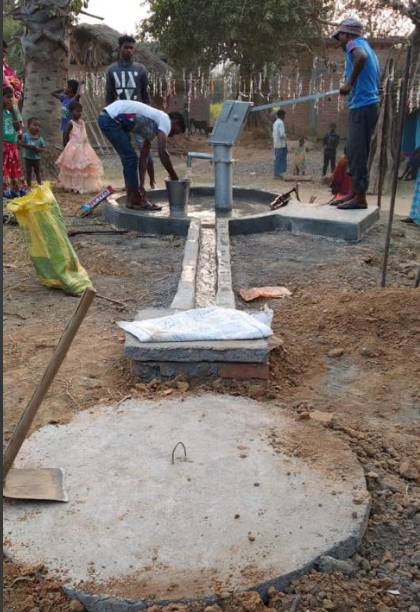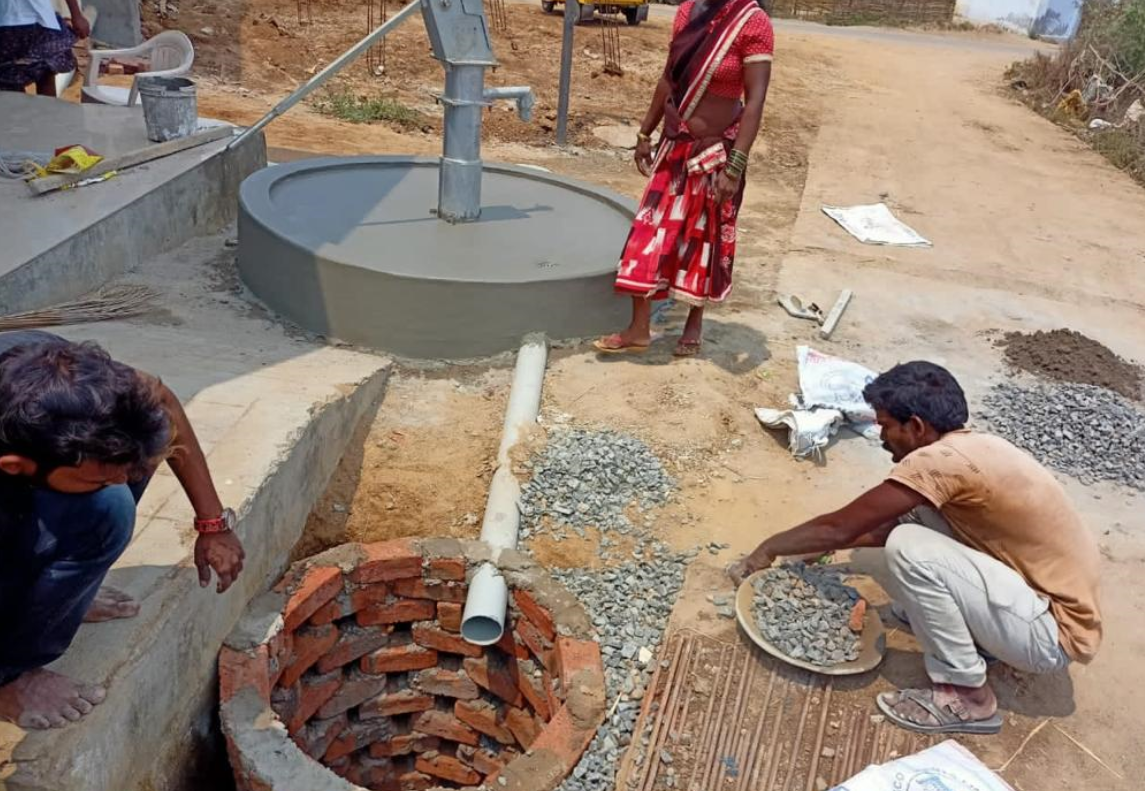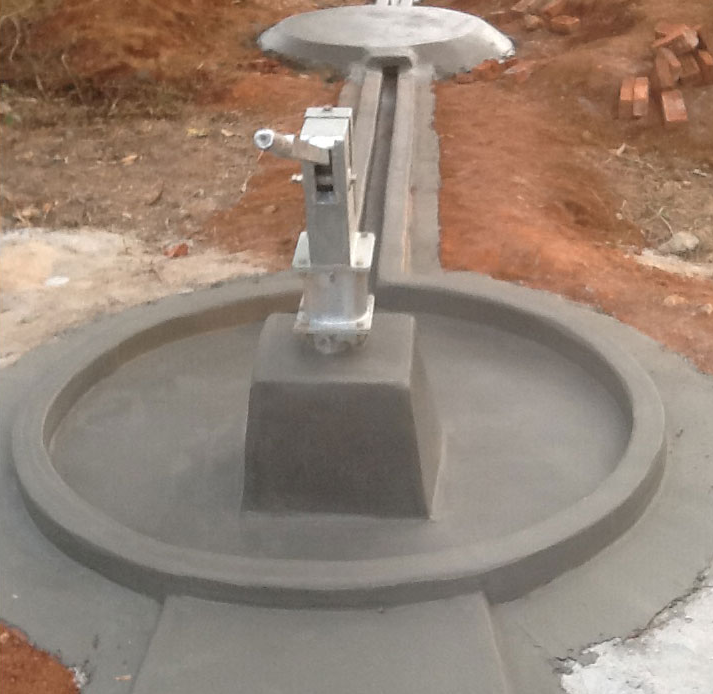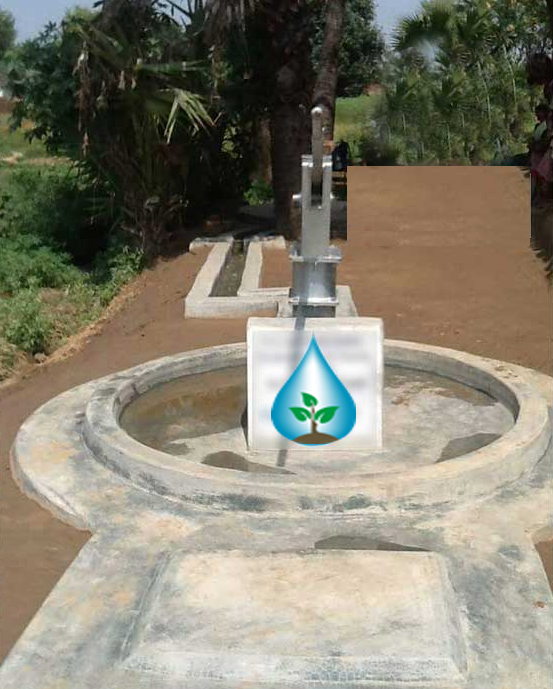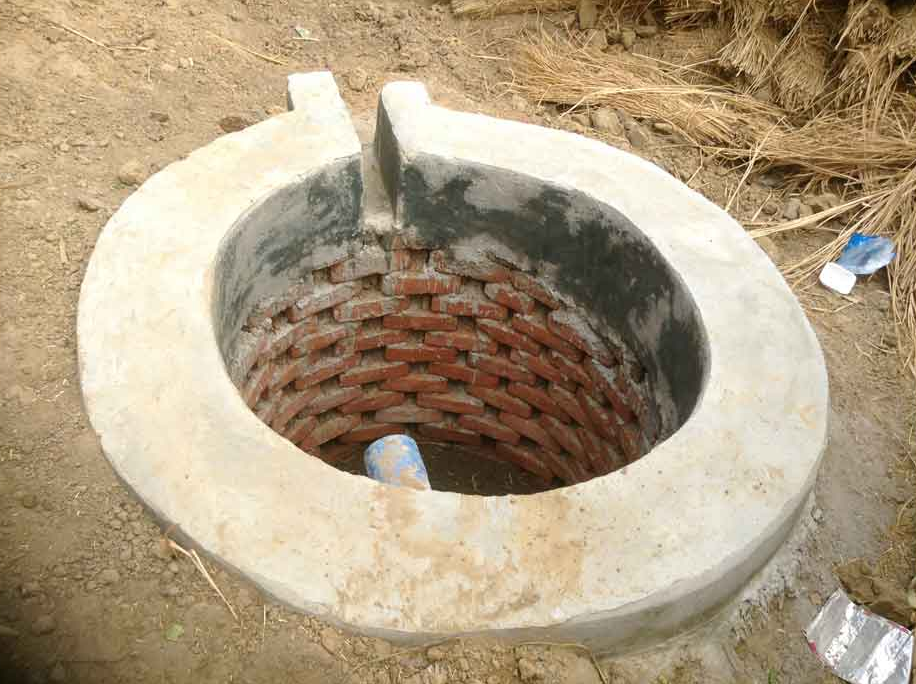Wastewater management, also known as wastewater treatment or sewage treatment, involves the collection, treatment, and safe disposal or reuse of wastewater generated from various sources, such as domestic, industrial, and commercial activities. Proper wastewater management is essential to protect public health, prevent water pollution, and preserve water resources. The key components and objectives of wastewater management include: Components of Wastewater Management: Wastewater Collection: The first step in wastewater management is the collection of wastewater from homes, businesses, and industries through an extensive network of sewer systems. Pre-treatment: In some cases, industries and certain sources of wastewater may require pre-treatment before being discharged into the sewer system to remove harmful substances and reduce the load on the treatment plants. Wastewater Treatment Plants: Wastewater is then transported to treatment plants where various physical, chemical, and biological processes are applied to remove pollutants and contaminants from the water. Primary Treatment: In primary treatment, large solid particles and suspended solids are removed through processes like sedimentation and screening. Secondary Treatment: Secondary treatment uses biological processes to break down organic matter and remove dissolved pollutants, such as nitrogen and phosphorus. Tertiary Treatment: Tertiary treatment further refines the treated water, removing any remaining contaminants and ensuring its safety for reuse or discharge into receiving water bodies. Sludge Management: The solid waste generated during the treatment process, known as sludge, undergoes further treatment or disposal to ensure proper management and minimize environmental impacts. Objectives of Wastewater Management: Protecting Public Health: Proper wastewater management helps prevent the spread of waterborne diseases and protects human health. Environmental Protection: Treating wastewater before discharge into the environment helps prevent water pollution, protects aquatic life, and preserves the quality of natural water bodies. Water Conservation: Recycling and reusing treated wastewater for non-potable purposes, such as irrigation and industrial processes, helps conserve freshwater resources. Compliance with Regulations: Meeting wastewater quality standards and regulatory requirements set by government authorities is a key objective of wastewater management. Sustainable Water Management: Effective wastewater management is essential for maintaining sustainable water cycles and ensuring the availability of clean water for future generations. Resource Recovery: Recovering valuable resources, such as nutrients from wastewater, can contribute to a circular economy and reduce environmental impacts. Climate Change Resilience: Proper wastewater management can enhance resilience to climate change by reducing the risk of flooding and ensuring reliable water resources during periods of water scarcity. Wastewater management is a complex and critical aspect of environmental protection and sustainable development. It requires a combination of technical expertise, proper infrastructure, effective policies, and public awareness to ensure the safe and responsible handling of wastewater. Properly managed wastewater not only protects the environment but also offers opportunities for resource recovery and sustainable water use.
